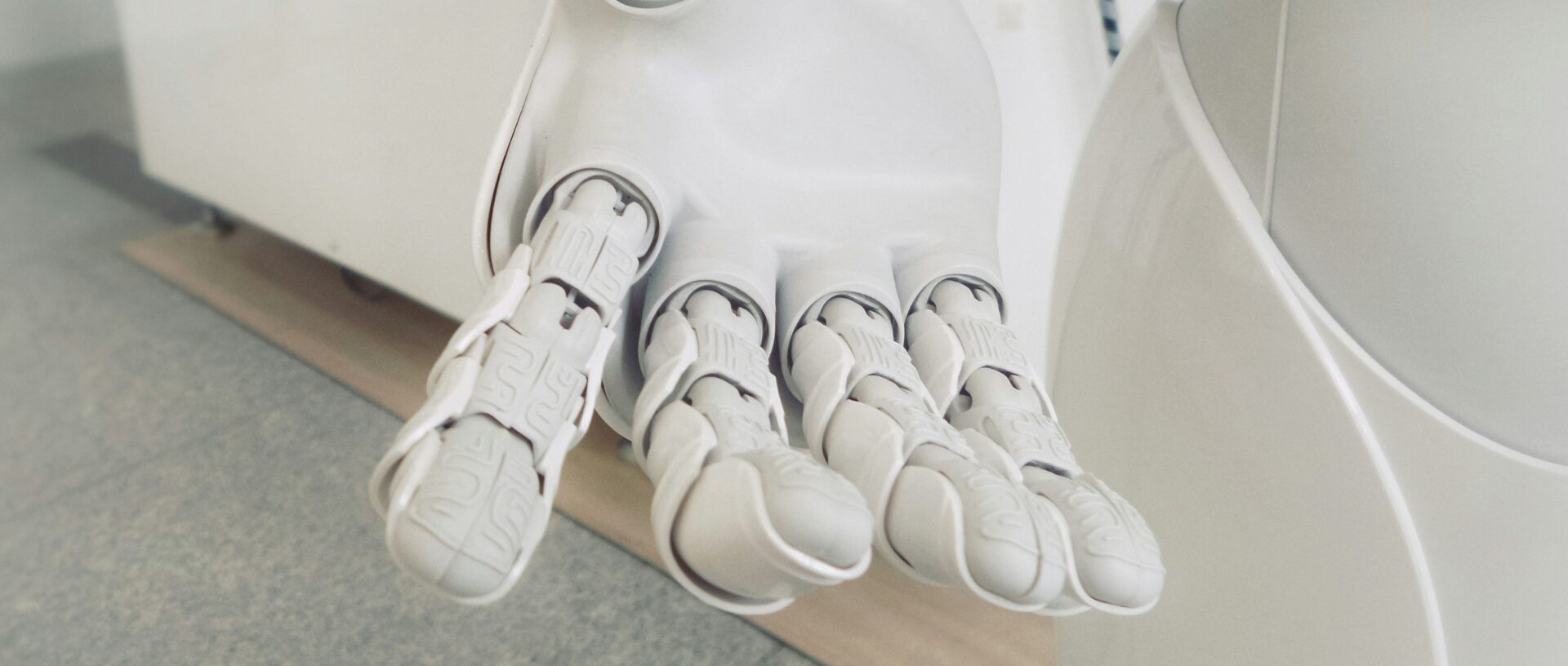
‘TUI or not TUI?’ That is the question!
I have no real idea what annual media plans of major travel companies look like, but January seems to be a month when consumers are receptive to the suggestion of buying a holiday.
I had put this down to the ‘Blue Monday effect’ – before I realised Blue Monday was originally coined by Sky Travel back in 2005 as a PR gimmick to sell more holidays. Apparently, the date on which it falls was calculated by “taking into account various factors”, which included debt levels, temperatures, days until the next bank holiday, the number of days since pay day and average hours of daylight.
What does seem to have more scientific grounding is the greater positive mental impact that actually booking a holiday has over just thinking about potentially going away in the near future. Knowing you have something planned in to look forward to is believed to be associated with dopamine levels in the brain.
Regardless of all that, it goes someway to explain why January seems to be awash with ads that transport us to turquoise seas, exotic cuisines and vibrant cocktails that scream summer.
BrandVue – Savanta’s market intelligence and brand tracking tool – bears this out, showing average awareness of industry advertising spiking immediately after Christmas. In fact, over the past two years, average advertising awareness among the travel brands we track consistently peaks in January, trailing off thereafter the further we move away from the ‘lock-down’ era.
This likely indicates that the timing of the travel industry’s ad spend is strategically coordinated with a period when consumers are often more inclined to unwind and reset.
Financial services and healthy living are other things I see a lot of communication about at this time of year, but my pension and the virtues of quinoa are sands I’m more likely to bury my head in than want to sit on top of whilst under the sun.
What’s interesting about this is that, according to the latest figures published by ATOL, albeit this was March last year, Jet2holidays overtook TUI to become the UK’s biggest tour operator with over half a million passengers more than its closest rival. Furthermore, both these brands had twice as many as their next nearest competitors, On the Beach and loveholidays, at that time. But, back in January 2023, both Jet2holidays and TUI had more than 4 times the level of advertising awareness than loveholidays, and that remains the same in January 2024.
The fact that brands like TUI and Jet2holidays have more than twice as many passengers as loveholidays, for example, will be explained in part by them having their own aircraft fleets. But it still seems interesting that loveholidays achieves what it does with much lower levels of advertising awareness than its counterparts. Of course, above the line (ATL) advertising isn’t the only tactic to generate demand and the ratio of advertising spend to customers isn’t a fixed formula.
In relative terms and with its heritage, TUI will be more of a household name, and for some it will be a brand that comes to mind with or without advertising. Among those who claim to have seen its advertising, spontaneous awareness is still low – an area where loveholidays achieves an uplift of 400% compared with just over 100% for TUI. So that appears to be pretty good bang for buck.
But, still curious as to why loveholidays features near the top of ATOL’s passenger rankings list – with limited mass marketing – I took to Google. Searching phrases including ‘summer sun’, ‘beach holidays’ and ‘great holidays for families’ – loveholidays appeared invariably at No.1 or No.2 on the results page.
While TUI has over 300 retail stores and operates more than 150 aircraft (as well as having a website), it is what you might associate more with being a traditional travel company. The nature of loveholidays’ business too is travel, but it makes no bones about describing itself as a tech company.
Post-pandemic, it embarked on a review of its SEO roadmap with a claimed resulting increase of +142% YoY increase in traffic-driving Keywords for loveholidays at the end of 2021. In further reading about its success, as an online travel agency (OTA), much seems to revolve around its digital transformation geared towards increasing conversion rates, reduced costs, and improved performance. This focus led to an immediate 51% boost in First Contentful Paint, reducing time-to-first-byte by 80%, from 100 milliseconds to 20 milliseconds, image optimisation, ‘pioneering A/B testing on the Compute serverless compute environment’ among other initiatives.
No, I don’t know what some of those things are either! Suffice to say it has set itself up to be found easily and for its platform to operate highly efficiently while optimising consumer experience once they’ve found it.
Back to Blue Monday. Among those who claim to have seen advertising for key brands, while loveholidays doesn’t seem to appeal to all, it addresses the emotions Blue Monday was designed to stimulate, particularly the bank balance post-Christmas.
And while it has historically relied on ‘technology marketing’ it makes you wonder how much of a halo effect loveholidays has benefitted from as people rush off to Google ‘summer holidays’, having seen the tempting images portrayed by ATL advertising for other brands.
To further encroach on the ‘traditionals’, on Feb 1st, Travel Weekly reported that loveholidays was to embark on its first national brand campaign, targeting families, groups of friends and couples, illustrating the choice of ATOL-protected holidays offered using the OTA’s smart technology. So, not only could this help its weaker ‘for people like me’ image, it may also drive people to the brand rather than them just ‘finding it by accident’. Its new partnership with Ryanair, allowing its customers to add flights to their package, also adds a low-cost aircraft fleet to its offer, albeit by proxy.
As AI takes a firmer foothold across all sectors, I suspect most OTAs (but especially loveholidays), are well ahead of the game in their industry. That, coupled with active brand profile raising marketing, it seems competitors may be glancing nervously over their shoulders – a sentiment we’ll revisit next year.
As a parting note, after having invented Blue Monday, Sky Travel finally closed its doors due to relentless competition from the internet!





